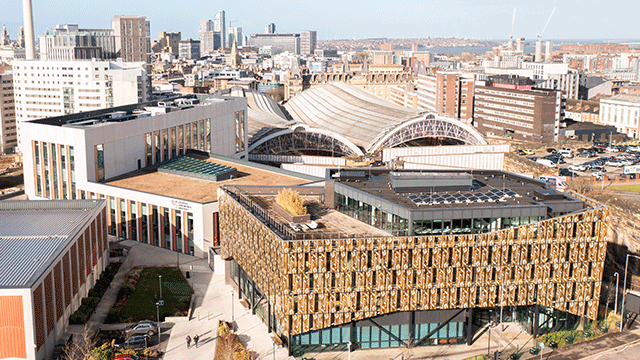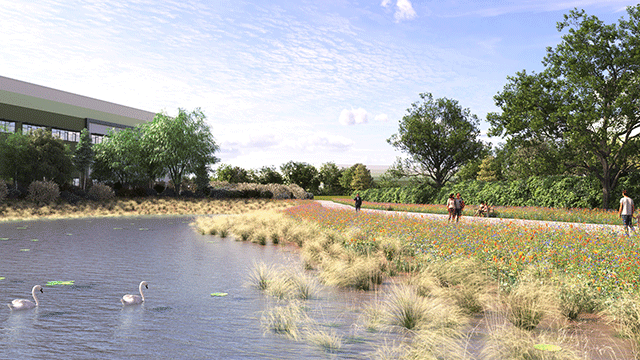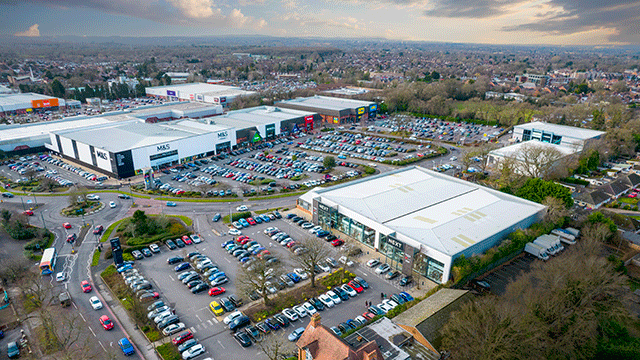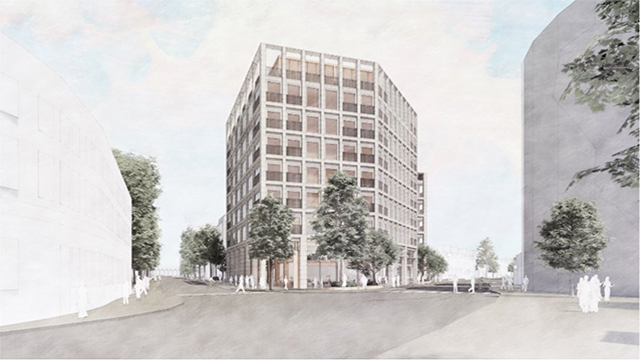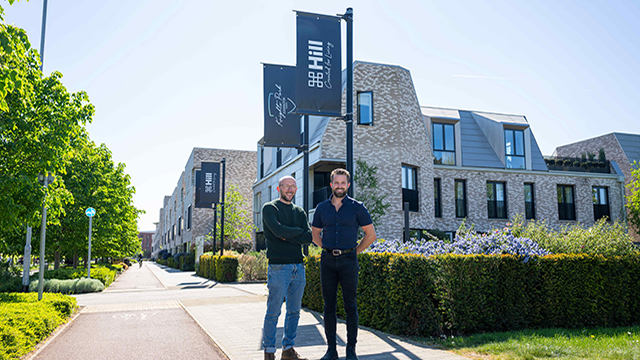The supply squeeze on life science-related real estate in the Golden Triangle will be partially alleviated by the end of this year, Knight Frank has predicted.
The agent said demand for life sciences lab space across Cambridge, Oxford and London stood at 1.66m sq ft at the end of March, while just over 400,000 sq ft was available.
This is expected to change towards the end of this year, with 1.37m sq ft of space set for delivery across the three markets.
Government initiatives to bolster the UK’s reputation as a science and innovation powerhouse have prompted significant corporate investments in both new and upgraded facilities across the UK. Key developments include AstraZeneca’s expansion in Speke, Merseyside; GSK’s £200m investment in its UK manufacturing operations, and the grants aiding the expansion of Almac and Ortho Clinical Diagnostics manufacturing facilities in the UK.
Jennifer Townsend, research partner at Knight Frank, said: “Private and public sources of capital are supporting the sector’s growth. This is evidenced by a spate of substantial recent investments in the life sciences manufacturing sector.
“These initiatives should sustain and in time grow demand for spaces tailored to innovation.”
The most recent data from Knight Frank has showed a 14% increase in venture capital funding across the UK life sciences sector, reaching £752m in the first three months of 2024.
However, the sector is undergoing a diversification of demand sources, with 60% of venture capital funding in the first quarter of 2024 invested in the fast-growing medtech sector. The research also showed the growing role of climate tech and space sectors in the UK economy, spurring demand for innovation facilities in some of the country’s science and innovation hubs.
One of the key deals saw the UK Space Agency sign for a new headquarters at the Harwell Science Campus Space Cluster in Oxfordshire and expand with offices in Scotland, Wales and the Midlands.
London’s educational ecosystem is also a source of new demand for life sciences real estate, according to Knight Frank, with 40% of the UK life science companies that secured investment in 2023 headquartered in the UK’s capital.
This is attracting major corporates to the city with the view to collaborate on research and development activities with spin-out companies and other institutions in London. Most recently, Novo Nordisk has revealed plans to open a new AI-based research facility to advance drug discovery operations in King’s Cross, while GSK took 140,000 sq ft at the Earnshaw for its new headquarters.
Emma Goodford, head of life sciences and innovation at Knight Frank, said: “Despite a challenging macroeconomic environment, we are continuing to see international capital target exciting new ventures in medical research and technology. This investment is driving demand for lab and office space in the UK’s Golden Triangle, where the existing education, research and development ecosystems are attracting an increasingly diverse array of high-growth businesses seeking flexible space capable of supporting their growth.
“However, for the biotech sector, without further investment and development to deliver high-quality new lab and office space in these core innovation hubs, the growth of life sciences start-ups close to the UK’s leading academic institutions will be stifled when venture and other forms of funding are unlocked, as is forecast towards the end of this year and into 2025. It is vital that public and private sources of capital continue to invest in life sciences real estate across these markets to promote the continued growth of the UK’s most innovative companies.”
Photo © Pexels/Pixabay
Send feedback to Evelina Grecenko
Follow Estates Gazette




